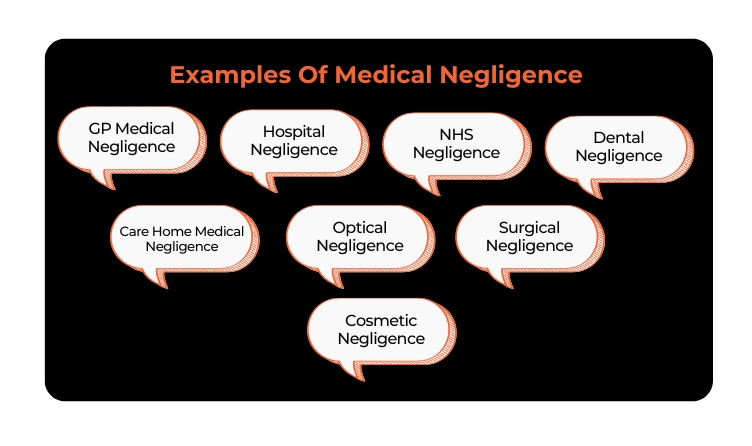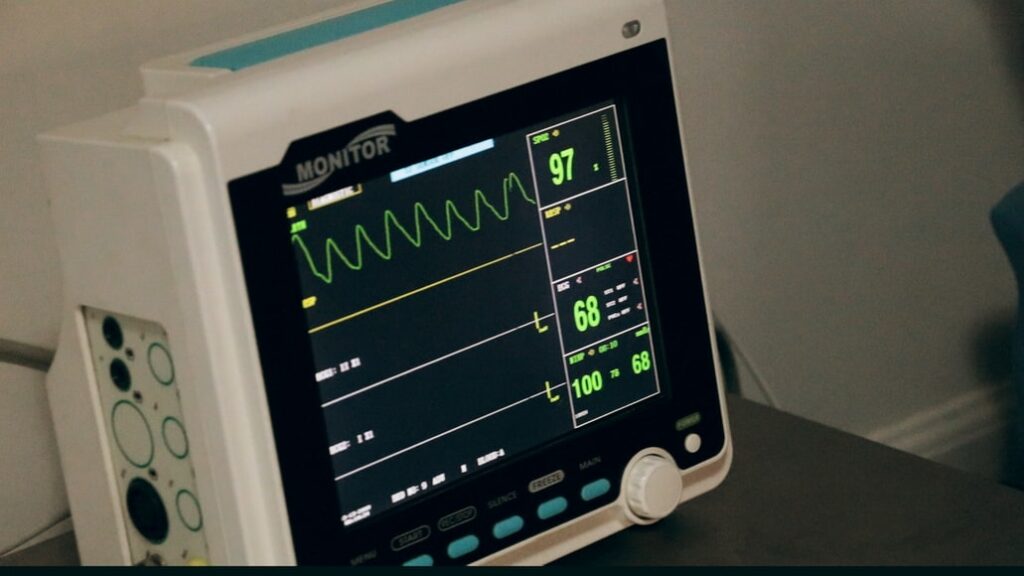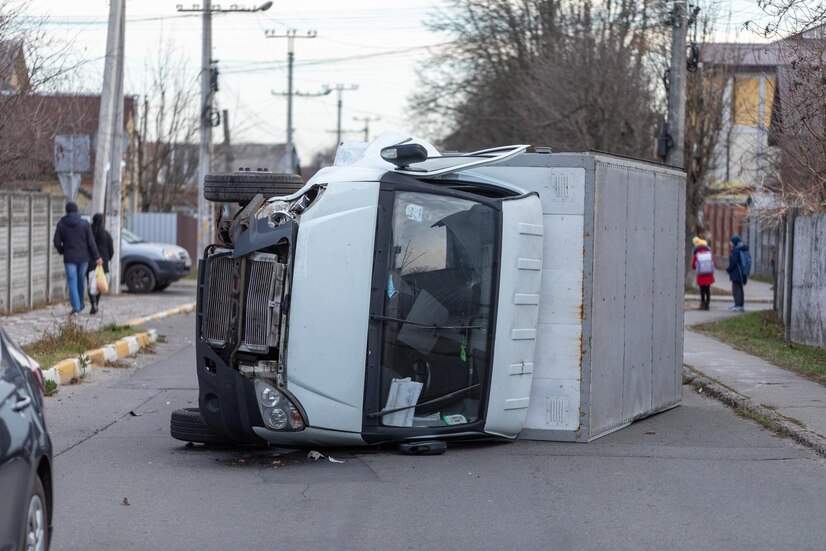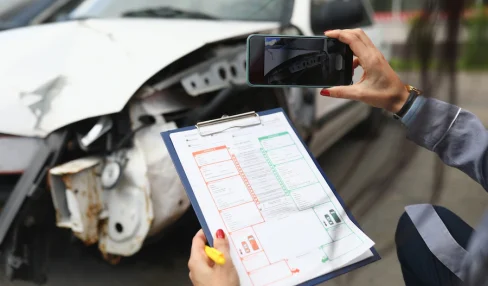Understanding Medical Negligence – Here’s What You Need to Know
4 Mins Read
Published on: 04 January 2022
Last Updated on: 17 December 2024

toc impalement
Medical negligence claims continue to pose a significant challenge to NHS England, with an estimated 11.7 thousand clinical claims reported to the organization in 2019/20.
This represented the highest such number since 2014/15, with the cumulative cost of these claims having the potential to trigger significant payouts in the near term.
But what exactly is medical negligence, and how can you make a claim to seek out compensation in the future?
What is Medical Negligence?
The term ‘medical negligence is a relatively broad phrase that refers to substandard care or treatment that has been provided by a medical professional.
This may have caused a significant injury or impairment, while the patient may also claim that it has exacerbated an existing complaint.
But what precise forms does medical negligence take? One example may see a practitioner fail to diagnose your condition or make an incorrect diagnosis, creating a scenario where you continue to go untreated or are prescribed inadequate or potentially harmful drugs.
Similarly, a surgeon may face a medical negligence claim during a procedure or operation, or administer treatment that they failed to get your informed consent form prior to this being dispensed.
Interestingly, there are also some relevant grey areas in the field of medical negligence. For example, you may claim that a practitioner failed to warn you about the risks of a particular treatment or surgical procedure, causing you to make an ill-informed and potentially damaging decision.
This type of claim is likely to be the most complex and time-consuming, while it’s one of the easiest to fight from the perspective of practitioners.
Examples Of Medical Negligence

Understanding medical negligence is not that difficult. However, identifying the kind is the real catch. There are over ten different types of medical negligence that one might face.
Therefore, having a clear understanding of the nuances of the differences between different kinds of medical negligence is essential. Consequently, it can genuinely enable help users to know what their case is.
Here are some of the most essential forms of Medical Negligence.
GP Medical Negligence
GP medical negligences include aspects like misdiagnosis that lead to a more complex medical condition. Administering wrong medicines by a doctor also falls under this category. In some cases, you are liable to get compensation if a GP misbehaves and it affects your mental health,
Hospital Negligence
Hospital negligence is a more complex concept to define. This form of negligence is not just limited to the GP but involves the whole institution. This form of negligence includes cases of improper medications, sepsis, or other such cases due to infrastructural negligence.
NHS Negligence
Cases that are registered due to faulty equipment usually fall under the NHS negligence bracket. Some people believe that NHS negligence and Hospital negligence are the same thing. However, NHS is a more focused term. Every NHS negligence is a part of the Hospital negligence, but not the other way around.
Dental Negligence

The name suggests it all. Extraction of the wrong tooth, misdiagnosing gum disease, or incorrect administration of anesthesia fall under the dental negligence bracket. Therefore, you can initiate a claim if you think that you have to go through the aforementioned scenarios.
Care Home Medical Negligence
In some cases, patients decide to stay at a nursing home and seek medical help. This is because nursing homes are cheaper. However, if you experience lousy infrastructure, like inadequate equipment lack of proper nursing staff, etc., then you are free to make a claim. This claim would fall under the Care Home Medical Negligence bracket.
Optical Negligence
You can claim optical negligence in case you have medical negligence from your optician. This form of medical negligence usually refers to the misdiagnosis of eye-related problems, LASIK negligence, etc. In these cases, you are allowed to receive total compensation.
Surgical Negligence
Surgeries are very sensitive. As a result, surgical negligence cases register higher than most other cases. In case of wrongful amputation, aggravating medical conditions post-surgery, or wrongful administration of anaesthetics, qualify for surgical negligence.
Cosmetic Negligence

Last but not least, cosmetic negligence pertains to cases including your plastic surgeon. If you think that the physician botched up the surgery or has taken away sensation from your face, then you can claim cosmetic negligence compensation.
How Can I Make a Claim as a Victim of Medical Negligence?

The question that remains, of course, is how should you proceed if you feel that you’ve been a victim of medical negligence. Here are some steps to help you on your way:
i. Understand Time Restrictions:
According to UK law, you’ll have to start your legal claim within three years of the initial incident, or when you first realize you had an issue.
However, this doesn’t apply in cases involving children or vulnerable adults, with the time limit not starting in the former instance until the patient’s 18th So, you’ll need to act relatively quickly if you’re to make a swift and ultimately viable claim.
ii. Liaise With a Legal Expert:
you feel that you’ve suffered due to hospital negligence within the last three years, your first port of call should be to liaise with a qualified legal expert. This way, you can seek out free advice about the viability of your claim, while determining your precise burden of proof and how to proceed from a legal perspective.
iii. Manage Your Expectations:
Even with expert legal advice and a solid case, medical negligence claims can take years to process, while they’re not guaranteed to deliver a desirable outcome. To this end, you’ll need to manage your expectations as a claimant and patient, while demonstrating patience and potentially processing a no-win, no-fee claim where possible.
Additional Reading:
- Four Benefits Of Outsourcing Medical Insurance & Billing
- How To Prove Negligence For Medical Malpractice Cases In Dallas?
- Understanding How Comparative Negligence Determines Settlement In A Personal Injury Case


















Comments Are Closed For This Article